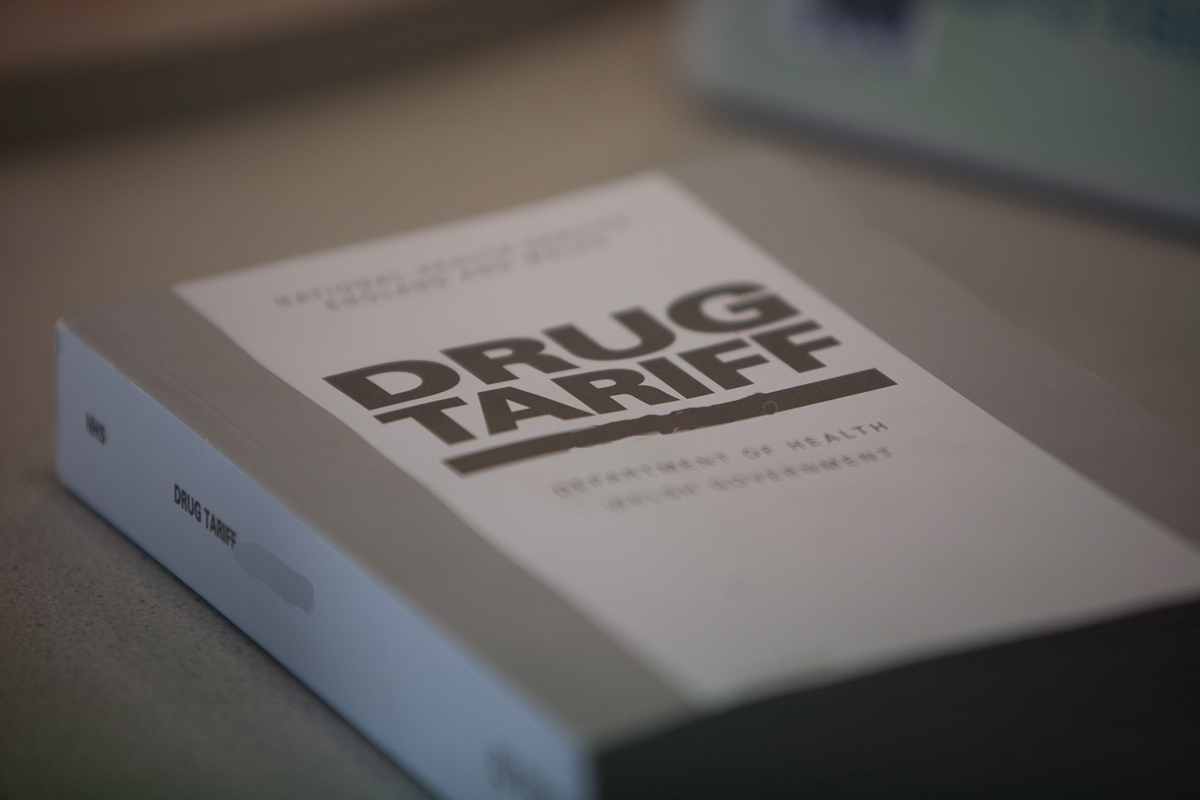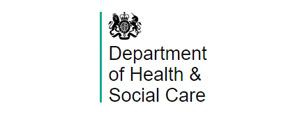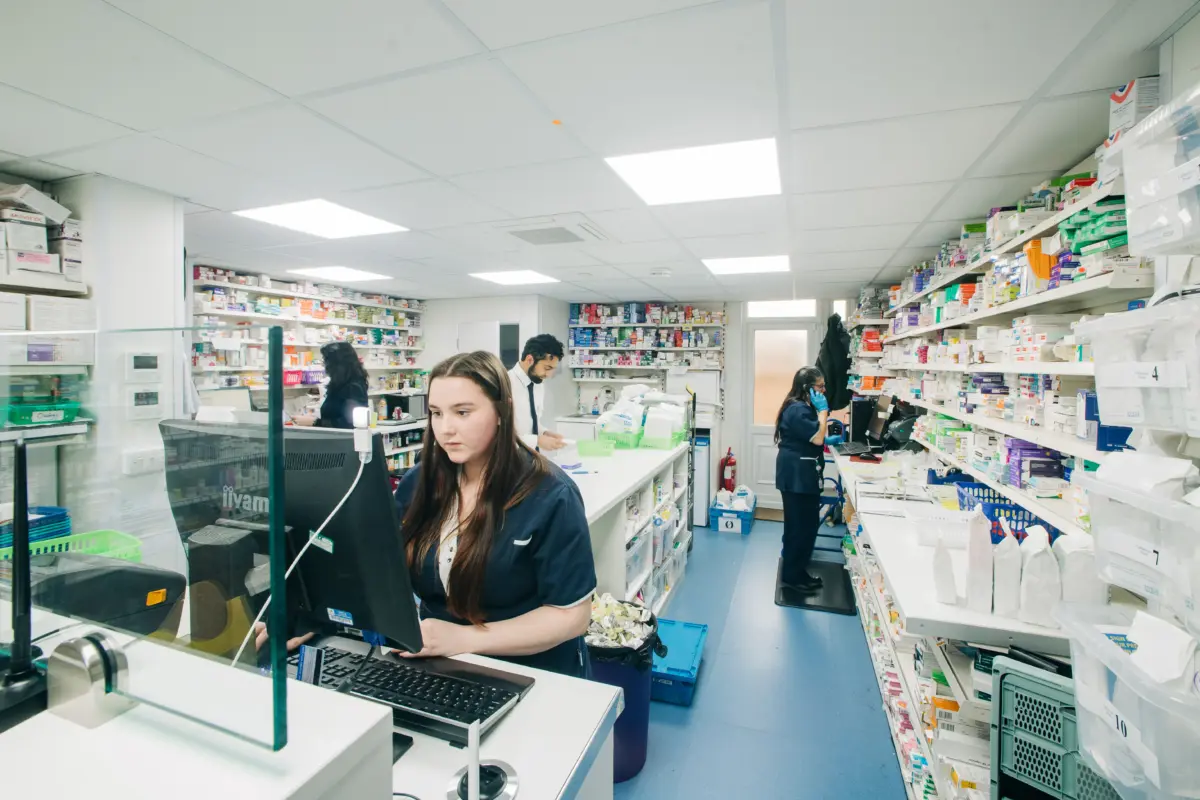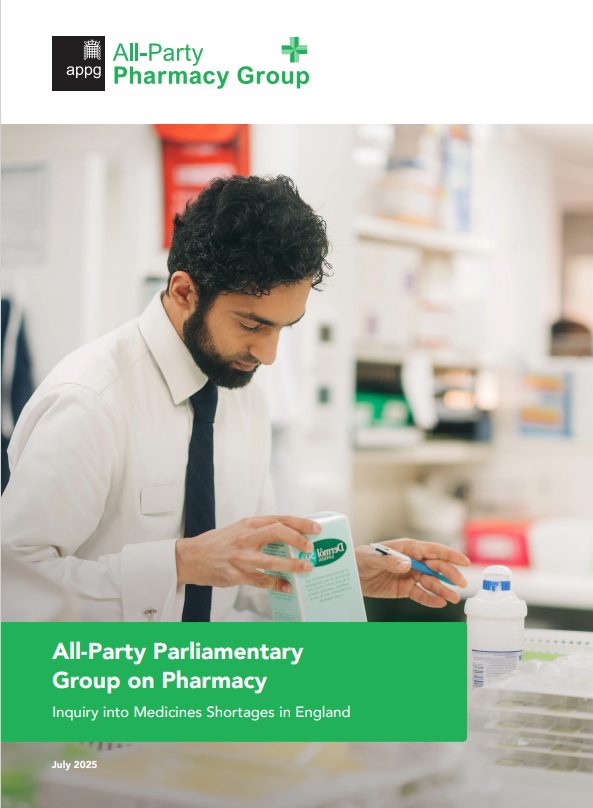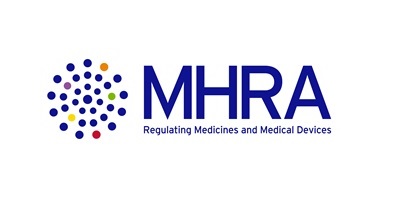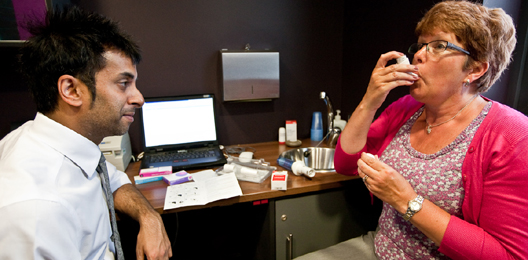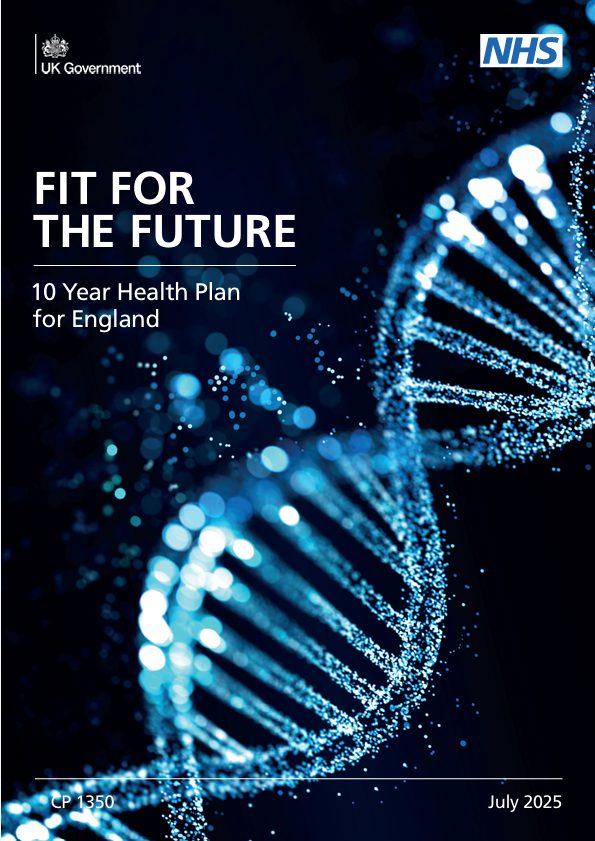NHS England Primary Care Prescribing Guidance
Published on: 1st December 2017 | Updated on: 10th April 2024
In July 2017, NHS Clinical Commissioners (NHSCC) and NHS England published a public consultation, which sought views on restricting the prescribing of 18 medicines in primary care. It also sought views on whether a wider list of 3,200 products that are available over-the-counter, without prescription, should be considered appropriate for future restriction. The consultation closed in October 2017.
Following consideration of the responses to this consultation, in November 2017 NHS England announced the publication of guidance to Clinical Commissioning Groups (CCGs) proposing that certain treatments should no longer being routinely prescribed.
NHS England also undertook a public consultation, in December 2017, on a proposal that the prescribing of over-the-counter (OTC) products, currently prescribed at NHS expense, should be restricted in the future. The consultation closed in March 2018.
Following consideration of the responses to this consultation, in March 2018 NHS England announced the publication of guidance to CCGs proposing that certain minor health conditions which are either “self-limiting” or suitable for “self-care” should no longer be routinely prescribed.
In February 2018, the Department of Health and Social Care announced it would be restricting the availability of gluten-free foods on NHS prescriptions.
NHS England and NHS Improvement agreed on 27th June 2019 that following a public consultation (held between 28th November 2018 and 28th February 2019) further lines should be included in the list of items that should not be routinely prescribed in primary care. A copy of the updated guidance can be found on the NHS England website here and in our ‘Guidance on the prescribing of Low Value Medicines’ below.
NHS England and NHS improvement commented ‘During the consultation we heard a range of views from patients, clinicians, local commissioners and members of the public. The joint clinical working group also considered additional clinical evidence reviewed by the Specialist Pharmacy Service on the use of bath and shower preparations and silk garments for the treatment of dry and pruritic skin conditions.
Based on the consultation findings we are undertaking further work to examine in more detail which factors influence the choice of blood glucose testing strips. The guidance therefore does not include proposals on the prescribing of blood glucose testing strips, at this stage.’
Click on a heading below for more information on any of the above topics.
NHSCC and NHS England published their proposals on 18 medicines which they suggested should no longer be routinely prescribed in primary care because they are either:
- clinically ineffective, unsafe or not cost effective; or
- the NHS can offer a clinically-proven alternative for patients.
NHSCC and NHS England noted that while many doctors and other prescribers are no longer prescribing these 18 medicines for patients, the evidence shows that there is variation across the country.
Following consideration of the responses to the consultation, NHS England issued Items which should not routinely be prescribed in primary care: Guidance for CCGs to GPs and CCGs on 30th November 2017 following Board agreement to “remove ineffective, unsafe and low clinical value treatments, such as some dietary supplements herbal treatments and homeopathy, and restricting the use of a further 11, saving up to £141 million a year.”
This guidance is for CCGs, to support them to fulfil their duties around appropriate use of prescribing budgets – supporting them in their decision-making, to address unwarranted variation and to provide clear national advice to make local prescribing practices more effective.
A joint clinical working group considered the responses to the consultation and agreed that the recommendations for the 18 products consulted on should either remain unchanged (13 products outlined below) or be modified or clarified in five cases (Liothyronine, Travel Vaccines, Lidocaine Plasters and Immediate Release Fentanyl).
The following treatments are included with the guidance as recommended for no longer being routinely prescribed:
- Homeopathy – no clear or robust evidence to support its use;
- Herbal treatments – no clear or robust evidence to support its use;
- Omega-3 Fatty Acid Compounds (fish oil) – essential fatty acids which can be obtained through diet, low clinical effectiveness;
- Co-proxamol – had its marketing authorisation withdrawn due to safety concerns;
- Rubefacients (excluding topical NSAIDS) – limited evidence;
- Lutein and Antioxidants – used to treat the eye condition age related macular degeneration, low clinical effectiveness; and
- Glucosamine and Chondroitin – used for joint pain, low clinical effectiveness
NHS England and NHS Improvement agreed on 27th June 2019 that the following treatments should be added to the guidance:
- Aliskiren – used to treat blood pressure;
- Amiodarone – used to treat abnormal heart rhythms;
- Dronedarone – used to treat atrial fibrillation;
- Minocycline – used to treat acne;
- Needles for pre-filled and reusable insulin pens for diabetes;
- Bath and shower emollient preparations;
- Silk garments.
A copy of the updated guidance can be found on the NHS England website here.
Further information, the guidance to CCGs and the full list of affected products is available on the NHS England website.
A Community Pharmacy England Briefing has been published to assist community pharmacy teams and LPCs in the implementation of the NHS England guidance at a local level:
Community Pharmacy England Briefing 002/18: NHS England Primary Care Prescribing Guidance
A Community Pharmacy England response was submitted to the consultation on the prescribing of low value medicines in October 2017. Community Pharmacy England supported the proposals for restriction of the prescribing of a group of 18 medicines which were considered not to be cost effective, as evidence-based clinical rationales were provided. However Community Pharmacy England requested consideration as to whether some of the products should be added to Part XVIIIA (drugs, medicines and other substances that may not be ordered under the NHS) and outlined its concern the range of potentially unintended consequences and other issues that may occur as a result of these proposals.
In November 2018, NHS England and NHSCC issued a consultation on updates to the November 2017 guidance; Community Pharmacy England responded to this consultation in January 2019.
Following the public consultations described above and consideration of the responses, NHSCC and NHS England published guidance to CCGs on 29th March 2018. In March 2024, updated guidance was published by NHS England:
Conditions for which over the counter items should not routinely be prescribed in primary care
This recommends that certain minor health conditions which are either “self-limiting” or suitable for “self-care” should not be treated by the issuing of prescriptions in primary care. The guidance focuses on stopping prescribing:
- for the management of a self-limiting condition, which does not require any medical advice or treatment as it will clear up on its own, such as sore throats, coughs and colds;
- for the management of a condition that is suitable for self-care, which can be treated with items that can easily be purchased over the counter from a pharmacy, such as indigestion, mouth ulcers and warts and verrucae; and
- vitamins, minerals and probiotics as they are items of limited clinical effectiveness.
The guidance applies to all patients, including those who would be exempt from paying prescription charges, unless they fall under the exceptions outlined in the document. The exemptions include:
- people with long-term or more complex conditions, who will continue to get their usual prescriptions;
- patients where the clinician considers that their ability to self-manage is compromised as a consequence of medical, mental health or significant social vulnerability; these patients will continue to receive prescriptions for over the counter items subject to the item being clinically effective;
- self-limiting conditions, where symptom relief may be required, the general exceptions will only apply where the prescription is for an over the counter item that is clinically effective; and
- for vitamins, minerals and probiotics, only the condition-specific exceptions will apply.
The guidance is for CCGs to support the NHS’s wider ambition to ensure greater value is achieved from the annual medicines bill, to support promotion of self-care where possible for minor conditions and highlight the alternatives to making a GP appointment or taking a medicine. Individual CCG boards will determine the timescale for decision and implementation in their local areas during 2018. A range of national resources will be developed to support local implementation.
Further information is available on the NHS England website.
A Community Pharmacy England response was submitted to the consultation in March 2018. Community Pharmacy England supported the development of support for self-care that promoted community pharmacies as the first port of call and a place for patients to go for advice and self-care treatments. However Community Pharmacy England outlined its concern regarding the impact of these changes on those most vulnerable i.e. those on low incomes and that community pharmacies are not an infinite resource and require appropriate recognition and support.
Community Pharmacy England was pleased to see significant revisions made following the consultation, including to focus the guidance on prescribing for specific minor illnesses and not to limit the prescribing of medicines for the treatment of long-term conditions.
Commenting on the publication of the guidance, Community Pharmacy England Director of NHS Services, Alastair Buxton, said:
“This guidance is a significant step for the NHS to take as it looks to find ways to tackle its affordability challenge. While it is likely to lead to a reduction in prescription volume and the de-commissioning of some minor ailments schemes, it could also present an opportunity for community pharmacy to build on its existing role in educating patients to help them to self-care. Pharmacy teams have been using these skills during the recent Stay Well Pharmacy campaign.
We were pleased to see the significant revisions made to the proposals following the original consultation, but we know there will still be challenges in implementation; we hope the national resources being produced to support the work required at a local level will help to tackle some of these. We also continue to highlight the fact that any transfer of work from GPs is likely to increase workload for community pharmacy.”
In March 2017, the Department of Health and Social Care (DHSC) launched a consultation to seek views on proposals on whether to make changes to the availability of gluten free (GF) foods that are prescribed on NHS prescriptions. Following the consultation, DHSC announced in February 2018 that the Minister’s preferred option was to retain a limited range of gluten-free bread and mix products on prescription.
DHSC said that they would commence work on amending the National Health Service (General Medical Services Contracts)(Prescription of Drugs etc.) Regulations 2004, Schedule 1, and then removing these products from the Drug Tariff. As of 4th December 2018, the prescribing of gluten-free (GF) foods on the NHS in England was restricted to bread and mixes only.
Revisions were made to Part XV (the ‘ACBS list’) and Part XVIIIA (drugs, medicines and other substances that may not be ordered under the NHS) of the December 2018 Drug Tariff to reflect this change in GF prescribing. Community pharmacy teams in England, therefore, cannot dispense an NHS prescription for GF products (other than bread and mixes) on or after 4th December 2018.
In Community Pharmacy England’s response to the consultation, it recognised the financial challenge that the NHS is currently facing and it consequently suggested that gluten-free prescribing should be restricted to the prescribing of staple products for patients who cannot afford or cannot buy gluten-free products in the local food outlets they are able to access.
For more information on this topic please email comms.team@cpe.org.uk

